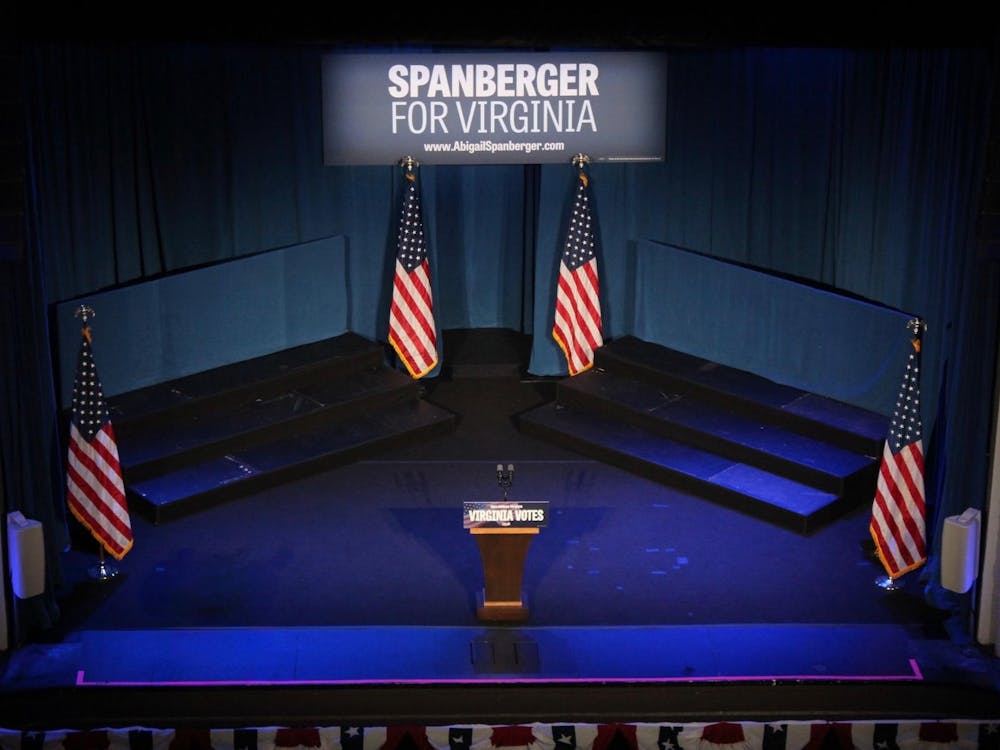Though college students are traditionally credited with being apathetic toward national affairs, in the months following the Sept. 11 terrorist attacks the swelling of patriotism that has consumed much of the nation has resonated with members of the University community as well.
According to Capt. Christian Cheetham, the unit admissions officer with the Air Force division of the University's Reserve Officer's Training Corps student response was not limited to discussions like the "teach-ins" that were held after the attack.
University students also took action.
The AFROTC has received about double the previous number of information requests per week following the Sept. 11 attacks, he said.
"Our enrollment has gone up somewhere between 5 and 10 percent," said Lt. Col. Hampton Hite, chairman of the Army division of the University ROTC.
But students outside of the ROTC were not the only ones inspired after the surge of patriotism hit the country following the attacks and beginning of the war in Afghanistan.
For those who already are in ROTC, the U.S. war in Afghanistan has reaffirmed their commitment to military service.
The AROTC typically loses about 10 percent of those who enlist, Hite said. This year, however, "the retention rate has been near 100 percent."
Cadets have a renewed "seriousness of purpose," Cheetham said.
The increase in the number of ROTC recruits reflects a growing sense of duty and activism among University students since Sept. 11, as students find ways to serve their country during this period of war.
"We're a patriotic group," Cheetham said.
Yet, "I think it's affected the civilian population more than those who already know they're going into the military," he said. "I just love driving around seeing all these American flags."
A survey on political attitudes from Harvard University's Institute of Politics revealed this month that approximately 60 percent of college students trusted the federal government to "do the right thing all or most of the time." Last year's survey found that only 36 percent of students held those same views.
According to Government and Foreign Affairs Professor Larry J. Sabato, the nation has experienced a resurgence in patriotism as a result of the first attack on the United States since the bombing of Pearl Harbor during World War II.
"I've been surprised to find that people in Iowa and Arizona are just as affected as those in New York," Sabato said.
The University community has reacted to the events of Sept. 11 and the Bush administration's war on terrorism in many different ways, he said.
"The University is a yeasty place," he said. "Our fuel is ... reason and discussion."
Overall, it was important that there be a wide range of responses to the war in Afghanistan, Sabato said. "There's a central place for patriotism at a University but also a place for debate."






